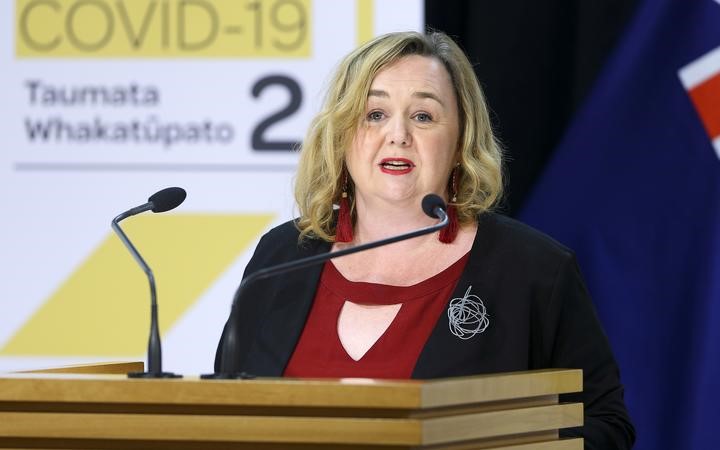The latest announcement of allowing 1000 international students back into New Zealand and the requirement for them to pay standard charges for managed isolation & quarantine (MIQ) is self-contradictory from an earlier government instruction on who will be exempted from such charges.
Education Minister Chris Hipkins has announced on Thursday, January 14 that the government will allow 1000 international students to enter the country from April as part of the recovery plan for international education.
The government also made it clear that the returning students will also be required to foot the bill for the mandatory 14 days managed isolation and quarantine on their return to New Zealand.
Hipkins said the students would need to book their space through the allocation system and would be billed the standard charges for managed isolation.
It means that every returning international student will be required to pay at least $3150 if they are travelling alone or an additional $950 for an accompanying family member (and a further relatively smaller amount for larger family size).
This is in clear contradiction to the government’s earlier decision that exempted “temporary migrants ordinarily living in New Zealand” and had left New Zealand shores before border closure came into effect on March 19 last year.
Minister Megan Woods had announced about such exemptions on July 29, 2020 in the last term of the government at the time of setting up a formal co-payment structure for those entering New Zealand borders.
Woods had then said while proposing the new co-payment structure for MIQ facility that those temporary migrants who were ordinarily resident in New Zealand before border closure came into effect on March 19, 2020, will be exempted from the new charges being brought into place after they had left the country.
 Minister Megan Woods has announced the establishment of co-payment model in July 2020
Minister Megan Woods has announced the establishment of co-payment model in July 2020
“As Minister I am proposing to only charge New Zealanders who enter temporarily, or who leave New Zealand after the regulations come into force. Temporary visa holders would have to pay unless they were ordinarily resident in New Zealand before the border closure, and left before the border closure. I intend to seek Cabinet agreement to a charging structure of $3100 per person in a room, $950 for each additional adult and $475 for each additional child sharing the room. There will also be mechanisms to allow charges to be waived in full or in part,” Woods had then said.
The Indian Weekender had sent an enquiry to the office of the Minster Hipkins seeking clarification on this seeming inner contradiction between the two government decisions.
Ministry of Education responds to the Indian Weekender’s query.
The office of the Ministry of Education has responded a part of the Indian Weekender’s query about the eligibility criteria of international students who will qualify to return back to NZ while deflecting the remainder of the query about the expectation to pay for their MIQ to the office of the Ministry of Business, Innovation and Enterprise (MBIE).
The response addresses the part of the Indian Weekender’s query that sought clarification if the returning international students would qualify under the loosely described category “temporary migrants ordinarily resident in NZ,” and therefore receive an exemption from paying for MIQ charges.
Vic Johns, Tumuaki Tuarua (acting), Te Ara Kaimanawa, an official spokesperson for the Ministry of Education said, “The border exception announced by Minister Hipkins on January 14 2021, applies to 1,000 returning international tertiary students, degree level and above, who began their study in New Zealand but were caught offshore when border restrictions began.”
To be eligible for this border exception, students must
· hold, or have held a visa to study in 2020.
· be studying towards a bachelor’s degree level or above qualification.
· have studied in New Zealand in 2019, or 2020 toward their current qualification.
· be returning to study with their current provider.
· need to be in-country to complete their study.
“Priority will be given to students who are closest to graduation,” Vic Johns said.
The above response clarifies that those international students being allowed back in 2021 are clearly existing and already enrolled international students (and not new international education fee-paying students).
It is also not clear though if Minister Hipkins was referring to the estimated annual economic value of this group of 1000 degree-level international students to be roughly $49 million in wider economic contribution, including approximately $27 million in tuition fees, as a new addition to NZ economy or otherwise.
However, the biggest contradiction remains if the returning international students will be required to pay for their MIQ as per Hipkins announcement or will be exempted as per the previous announcement by Minister Woods.
A response from MBIE is awaited at the time of publishing of this news.